Problem with waking up at 5:30 to go to 6:30 yoga class: I’m exhausted. So exhausted that I finally succumbed to a mid-work day nap. And it was good.
When I woke up, I was a little surprised that my stomach was growling. I had eaten cherries right before crashing:
Very groggily, I stumbled into the kitchen and went for an oldie but goodie: a sandwich, a fruit, and a vegetable. Check, check, check off those food groups. 😉
I had a veggie burger on toast with spinach + ketchup:
Honeydew:
And a vegetable salad:
Fueling for the Long Haul
Since I announced that I am going to train for my second marathon, I’ve received a few comments and e-mails on how to fuel for long-distance running.
It’s true. When you run double digits, you need to eat a lot to recover, refuel, and maintain your weight in the process. Like the time I ran 22.0 miles and ate a loaf of French bread + cream cheese on the hood of my car before even driving home. Yes. I ate the entire loaf.
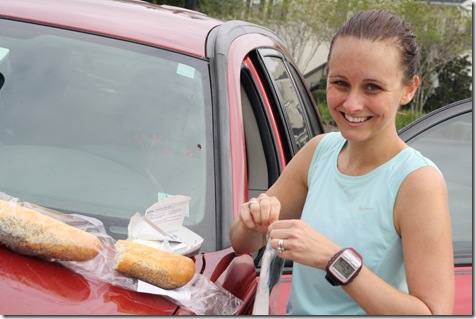
As I discussed in this post – “Post-Marathon Body†– I lost a few pounds while training for the marathon (but nothing significant). I also lost definition, as you can see in the before and after pictures; you can’t run yourself tone! This is why I plan to get serious about cross training the second time around.
However, when I wrote that post (two days after the marathon), I hadn’t weighed myself for about two weeks. When I did finally step on the scale (I hate to weigh myself), I had gained about four pounds over my starting weight during the taper period.
This means that I fueled properly during training, but I found it extremely difficult to step down my eating (no more entire French loaves for a snack!) and ended up overeating in the two weeks proceeding the marathon. Also, I was still pretty hunger because I find it takes my body a few days to ‘catch up’ to my current needs once I stop intense cardio. I was also a little nervous and tend to eat more when I’m emotional.
So – the question is – how do you make sure you’re eating enough without overeating and without driving yourself crazy? And not driving yourself crazy really is the big goal, isn’t it? You’re training for a half or full marathon; the running and pride should come way before the scale. Always.
Here’s what I do:
- Learn to listen to hunger cues on daily basis <—this assumes you have a good history with food and hunger. If you have or have had an eating disorder, it might be more difficult to listen to hunger cues accurately. When I am hungry, I eat. If I finish a meal and I feel hungry shortly afterwards, I have a snack. I’m talking about real hunger, not “I’m bored†or “That brownie looks tasty.†If I’m not hungry and it’s not mealtime, I don’t eat.
- Strive to eat a slightly larger meal + snack following a moderately long run. For example, if I run 8.0 miles, I’ll have extra peanut butter on my sandwich at lunch and also drink a Green Monster. Dinner might include an extra piece of toast.
- Refuel during my moderate or long runs. This is very important! When I run 7.0 or 8.0 miles or more, I always take in calories in some way: Gatorade, Gu, jelly beans, etc. The glucose is important for your muscular processes and will prevent physical and emotional burnout. I took in about 500 calories during the actual Disney marathon.
- Calorie count on long run days. A women who is my height and weight burns about 80 calories per mile of running. If I run a half marathon (13.1 miles), I burn just over 1,000 calories. That’s a huge deficit and can be difficult to make up when you’re eating whole, natural foods, especially voluminous foods like veggies and fruits, which take up space in your tummy. So, I typically calorie count on long run days to ensure I’m getting enough and not overeating, either. On long run days for marathon training, I easily take in 2,800 to 3,800 calories in a day.
- Remember it balances out in the end. If I undereat on a long run day, I don’t really stress out about it (and certainly don’t force food down my throat to make some calorie goal). Odds are that I’ll go out to dinner and want a fancy dessert the next day. Same theory applies to a day or two of overeating.
- Eat quality calories. This is the HUGE one and the primary reason I believe a lot of people gain weight while long distance training. It’s really tempting to eat back your calories in pizza, ice cream, and beer, but those foods don’t have the nourishment of a veggie, brown rice, and tofu stir-fry. I aim for a variety of protein, whole carbs, healthy fats, and veggies and fruits. Of course you should use training as a fun reason to get a big treat after long runs, but don’t go overboard everyday.
- Remember why It’s Important to pay attention. I definitely do not give this much thought to calories and energy intake on a daily basis. I just try to eat a variety of foods and listen to hunger cues. However, it’s important to pay attention to calories during training because underfueling can led to injuries and make it difficult for your muscles to repair themselves.
Of course, I’m not a registered dietician, but this is just what work for me in my training. :) Do what works for YOU or what a professional advises.
How do you approach eating when training for an endurance event? Do you think running jacks up your hunger more than other sports? What’s your favorite post-long workout meal? Are you an RD who can offer professional input on this subject?

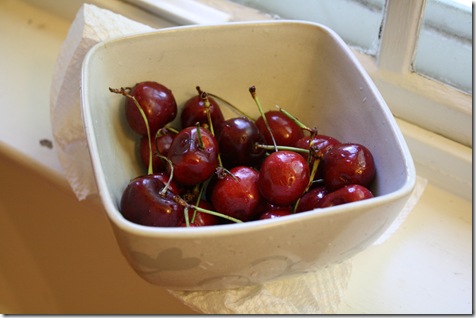
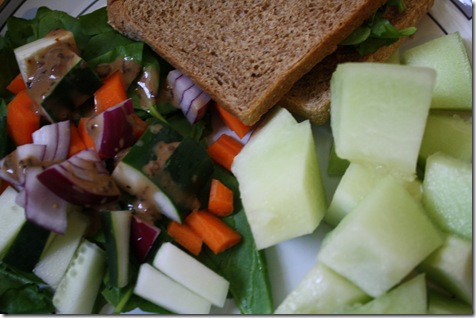
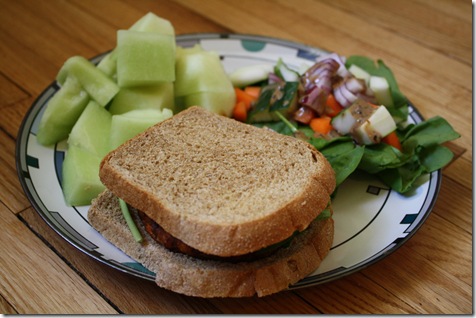
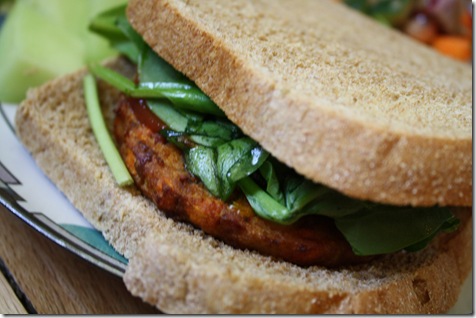
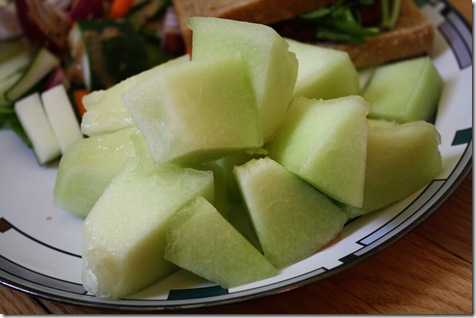
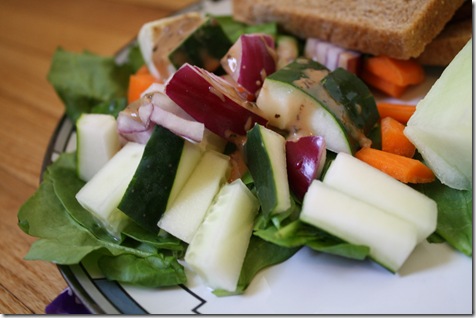
My longest run to date has been 10 miles, so I haven’t had to do nearly as much refueling as you! I love the Sports Beans and typically eat those any time I’m going 5+ miles because that takes me roughly 50 minutes and I find I need to get some calories after 45 minutes of running. I have a half coming up in September so I’ll be curious to see others responses on refueling for longer runs! I definitely think running jacks up my hunger a lot more than biking, but pretty comparably to swimming. Definitely not an RD! 🙂